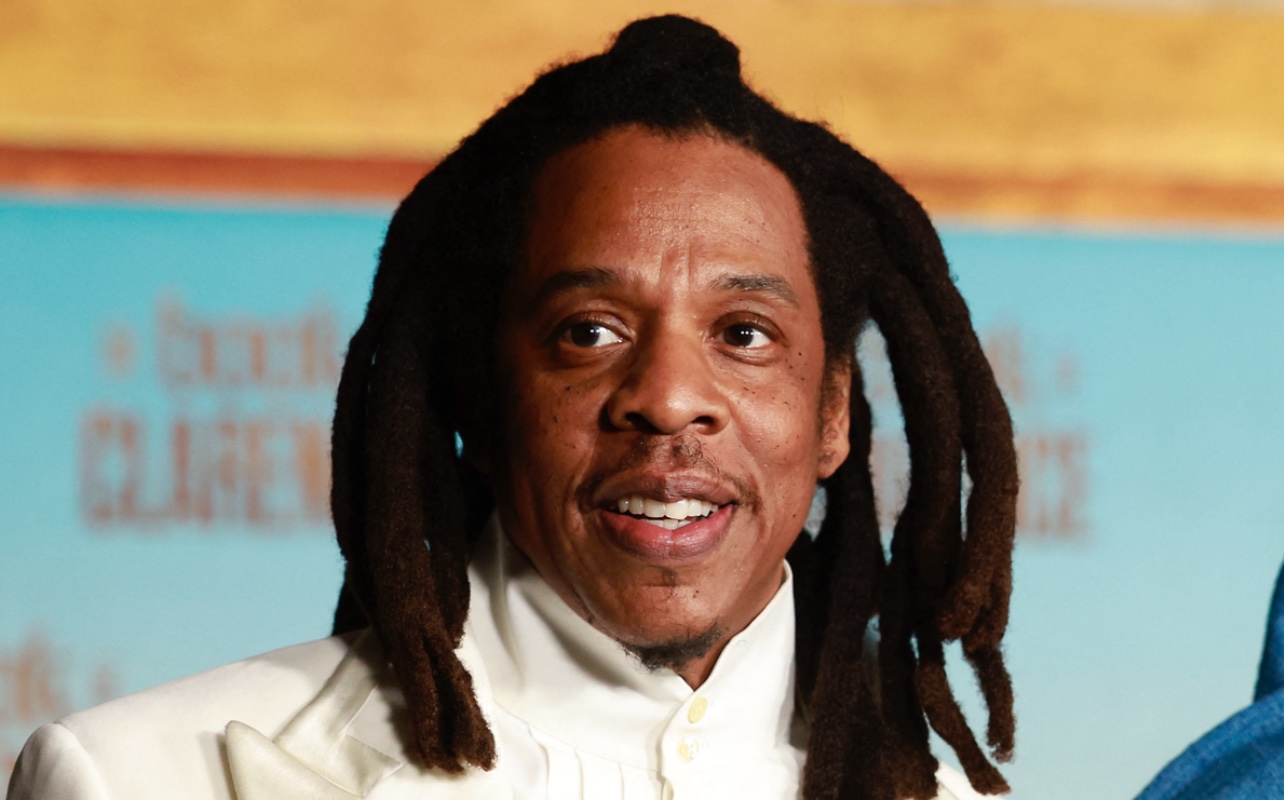
December 4, 2024
Monogram Cannabis Faces Challenges As Retailers Pull Products from Shelves
Jay-Z's cannabis company Monogram appears to be in trouble amid its removal from retail shelves.
Jay-Z’s business success seems to be faltering in the cannabis industry, as his Monogram company faces product removal from store shelves.
Launched in 2020, the hip-hop mogul’s luxury cannabis brand claims to be available at nine retailers across California and Arizona. However, a closer look reveals that none of these retailers currently feature Monogram products as part of their roster, SF Gate reports.
Meanwhile, The Parent Company, which supported Monogram, has reportedly exhausted the $575 million it began with and has merged with another company amid signs of financial struggles. Seth Yakatan, a cannabis investor and advisor to numerous California cannabis companies, says he isn’t surprised by the struggles of both companies.
He criticizes The Parent Company for its “mind-boggling” spending during its short tenure and suggests that Jay-Z’s high-priced Monogram products failed to deliver on their hype.
“Like many other things we’ve seen in cannabis surrounding rappers, the hype hasn’t met the reality. Monogram was supposed to be an ultra-premium product, and I don’t know anyone who tried it and thought it was anything more than mid-tier,” Yakatan said.
The downfall comes just three years after Monogram began promoting its product line through a Palm Springs-hosted campaign shoot shot by Slim Aarons and reimagined by Hype Williams.
It’s a lifestyle, not an era.
— MONOGRAM (@monogramcompany) April 13, 2021
Slim Aarons, reimagined by Hype Williams – featuring Slick Woods, @CurrenSy_Spitta, @GhettoGastro and @oranicuhh. pic.twitter.com/iCUw8lNEQZ
The luxury line of cannabis consisted of 12 products, including the $40 “Loosie Preroll Pack,” a $50 “OG Handroll” joint, and a $70 4G Flower, described as “a cerebral strain to help chill, focus, and confidently tackle obstacles in your path.” Monogram was one of the biggest cannabis business announcements of 2020, with Jay-Z serving as the celebrity frontman for The Parent Company (TPCO).
Early investors in The Parent Company (TPCO) saw quick returns following its launch, which combined three existing cannabis corporations. After going public in 2020 through a special-purpose acquisition company, the fundraising strategy enabled investors to raise substantial capital rapidly. During its operation, TPCO managed 20 retail brands, operated multiple grow facilities, and maintained a network of retail stores across California.
With Jay-Z serving as the chief visionary officer at TPCO, a board member once boasted about the company’s $575 million in cash reserves—an amount significantly higher than any other cannabis company in California.
“We’re going to dominate and consolidate the market. … It will be hard for any smaller player to compete with us,” TPCO board member Michael Aurbach claimed in November 2020.
However, in 2022, TPCO reported a staggering $587 million net loss, prompting a merger with another California cannabis company, Gold Flora, to stay afloat. TPCO retained a 49% stake in the newly formed entity as part of the deal, reducing it to a minority owner in its own company.
In the same year, Monogram officially parted ways with TPCO and came under the ownership of a separate limited liability company, Gold Flora. Sources say TPCO went downhill following Jay-Z’s exit.
“Jay-Z stepped away years ago and it just went up in a mess,” an insider tells TMZ.
Now as Gold Flora’s stock filings indicate that it still holds exclusive rights to sell Monogram products in California, it remains unclear whether the products are currently being sold. Gold Flora is also grappling with financial difficulties, reporting over $56 million in losses this year, carrying $63.5 million more in debt than assets, and facing a $202,000 lawsuit from Coastal Sun, a Santa Cruz cannabis farm, for allegedly failing to pay its bills. Amid the downfall of Monogram’s parent companies, a big question mark has been left around the future of Jay-Z’s cannabis imprint.
RELATED CONTENT: JAY-Z’S CANNABIS BRAND MONOGRAM DEBUTS NEW VIDEO SERIES ‘HIGH TALES’